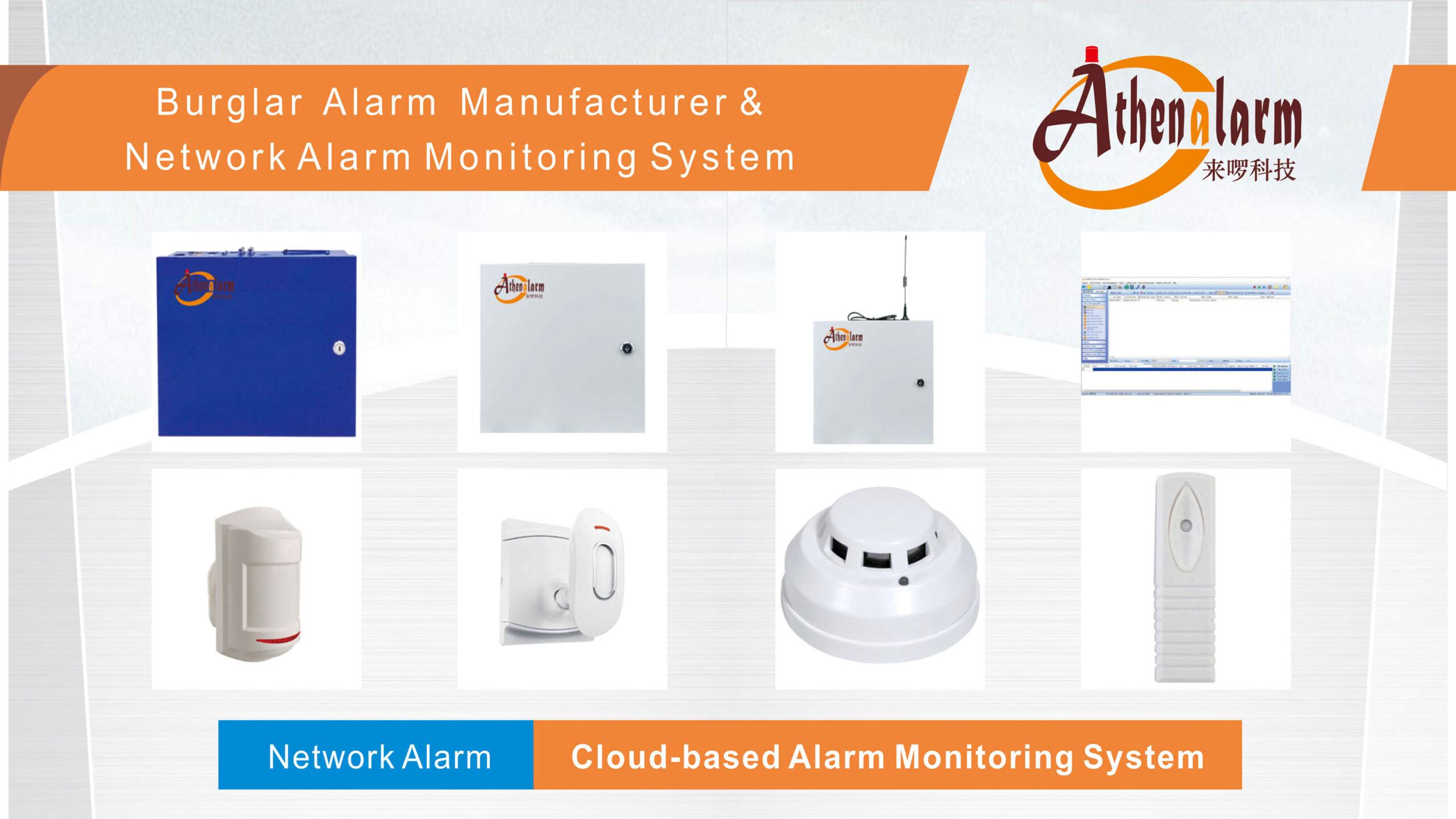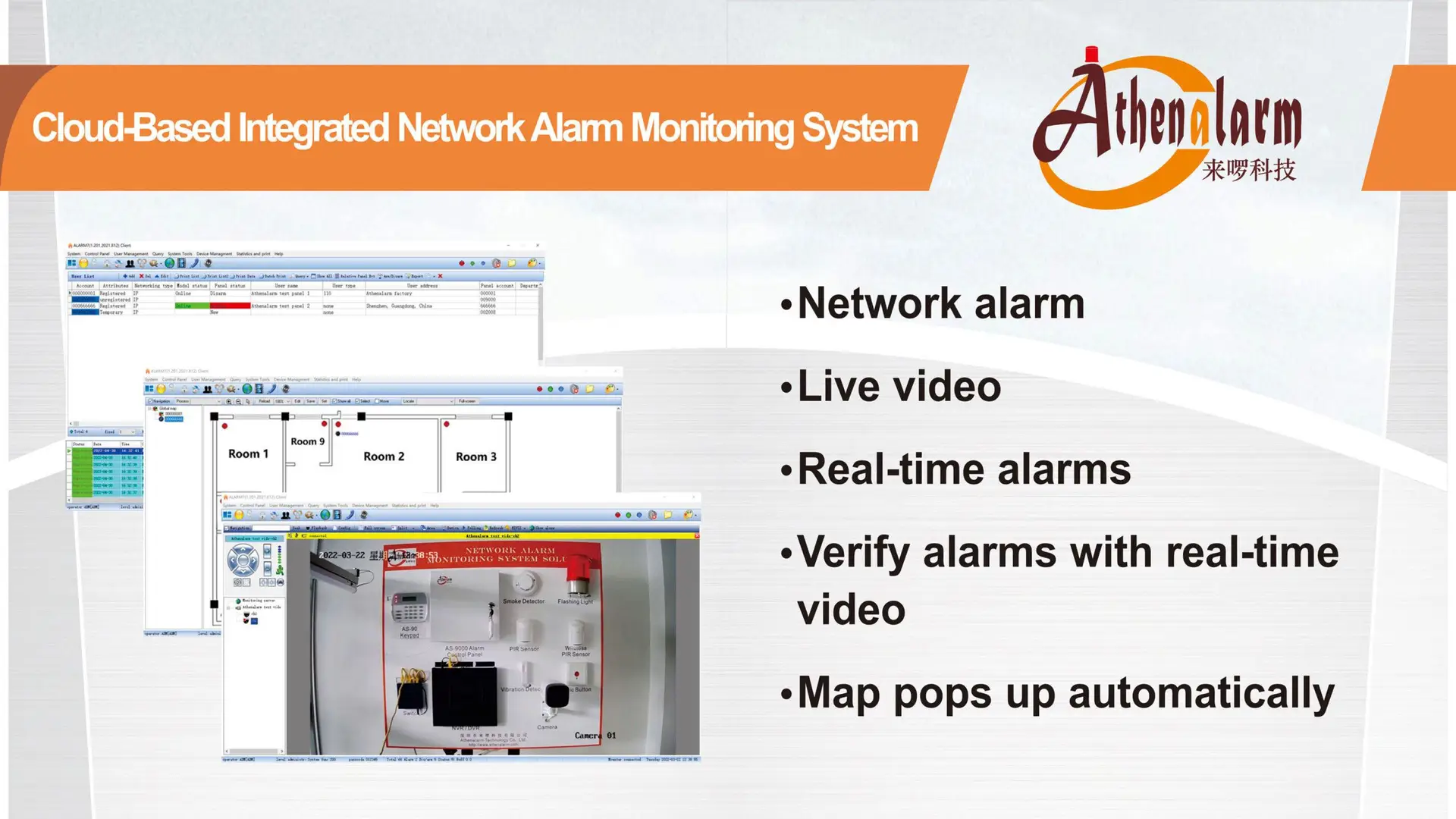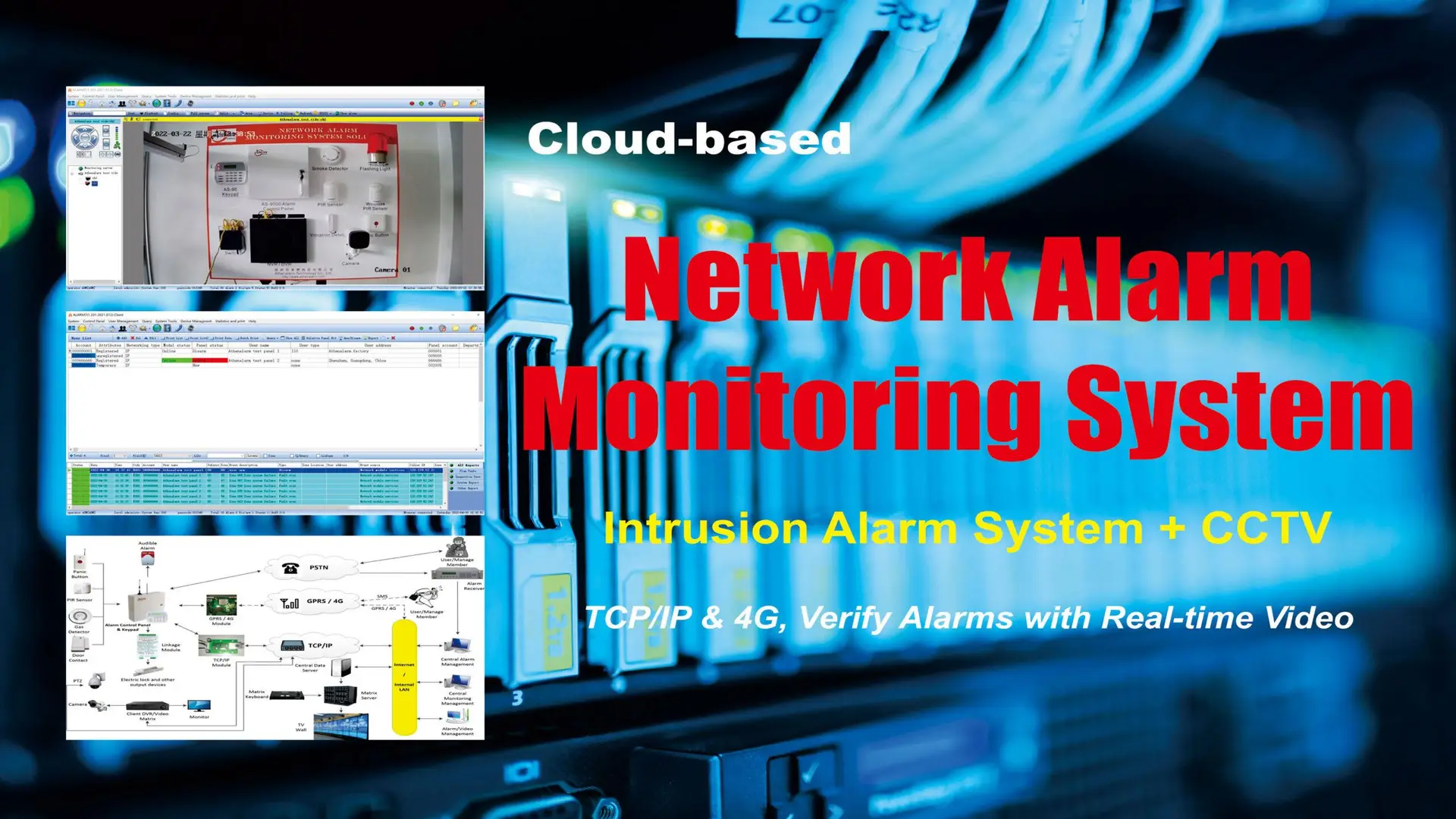



The Ultimate Guide to Wholesale Alarm Systems for Security Professionals
1. Introduction
In an era of increasing security challenges and technological advancements, wholesale alarm systems have become an essential solution for security professionals seeking cost-effective, scalable, and innovative intrusion detection technology. For security integrators, alarm dealers, and B2B distributors, sourcing alarm systems in bulk offers distinct advantages—reducing costs, ensuring consistent product availability, and providing access to the latest security innovations.
However, thriving in this competitive market requires more than just bulk purchasing. Selecting the right wholesale supplier, staying informed about industry trends, and understanding the core components of alarm systems are critical to success.
This comprehensive guide explores the fundamentals of wholesale alarm systems, key market trends, the benefits of bulk purchasing, supplier selection criteria, and practical steps for optimizing your security business operations. Whether you’re looking to expand your product line or enhance your service offerings, this article will equip you with the expertise needed to make informed decisions.
2. Understanding Wholesale Alarm Systems
(1) What Are Wholesale Alarm Systems?
Wholesale alarm systems refer to security alarm products purchased in bulk directly from manufacturers or large-scale distributors. These systems are designed to detect and deter unauthorized access, providing essential protection for residential, commercial, and industrial properties. Unlike retail products, wholesale alarm systems are tailored for professional security applications, offering customization, higher performance, and greater integration flexibility.
(2) Core Components of a Wholesale Alarm System
A complete alarm system typically includes:
- Intrusion Detection Devices – PIR motion sensors, dual-technology sensors, magnetic door/window contacts, and glass-break detectors for perimeter and interior protection.
- Control Panels and Keypads – The command center of the system, available in wired or wireless options with basic or touchscreen interfaces.
- Communication Modules – Cellular, IP, or radio-based transmitters that relay alerts to monitoring stations or end-users.
- Alarm Sirens and Strobes – High-decibel sirens and flashing strobes designed for both indoor and outdoor deterrence.
- Video Verification and Integration Solutions – CCTV cameras or AI-powered monitoring systems that verify threats in real-time.
- Smart Home Security Integrations – IoT-enabled devices, such as smart locks and environmental sensors, with mobile app control.
By purchasing these components at wholesale rates, security businesses can reduce costs while delivering reliable, cutting-edge protection to clients.
3. Market Trends in Wholesale Alarm Systems
The demand for wholesale alarm systems continues to surge due to rising security threats and advancements in smart security technology. Key trends shaping the industry include:
(1) Cloud-Based Security Solutions
More businesses are adopting cloud-connected alarm systems that offer remote access, real-time alerts, and centralized management. These solutions minimize hardware dependency and enhance scalability, making them ideal for multi-site security operations.
(2) AI-Powered Alarm Verification
Artificial intelligence is transforming the security landscape by reducing false alarms. Advanced AI algorithms analyze motion triggers, distinguishing between legitimate threats and benign movements (e.g., pets or environmental changes), improving response efficiency.
(3) Integration with IoT and Smart Security Systems
Modern alarm systems are increasingly compatible with IoT ecosystems, allowing seamless integration with home automation systems, voice assistants (e.g., Alexa, Google Home), and environmental monitoring devices.
(4) Wireless and Hybrid Alarm Systems
While wired systems remain relevant for high-security environments, wireless and hybrid systems are gaining popularity due to their flexibility, ease of installation, and remote access capabilities. These options cater to both residential and commercial clients.
(5) Growing Demand for Video-Verified Alarms
Security monitoring centers and law enforcement agencies are increasingly prioritizing video-verified alarm systems, which integrate cameras to confirm threats before dispatching emergency responders. This reduces false alarms and enhances credibility.
(6) Cybersecurity in Alarm Systems
As alarm systems become more connected, cybersecurity has become a critical focus. Leading suppliers are incorporating encryption, two-factor authentication, and secure data transmission protocols to protect against hacking and cyber threats.
By staying ahead of these trends, security professionals can offer their clients state-of-the-art solutions while maintaining a competitive edge in the industry.
4. Advantages of Buying Wholesale Alarm Systems
Sourcing alarm systems from wholesale suppliers provides security businesses with multiple strategic benefits:
(1) Cost Efficiency and Increased Profit Margins
Buying in bulk significantly lowers per-unit costs, allowing security dealers and integrators to increase profit margins when reselling or bundling alarm solutions with installation and monitoring services.
(2) Wide Product Selection and Customization
Reputable wholesale distributors offer a diverse range of security products, from entry-level alarms to enterprise-grade solutions with AI and video analytics. Many also provide OEM (Original Equipment Manufacturer) customization, allowing businesses to private-label systems under their own brand.
(3) Reliable Supply Chain and Inventory Management
Partnering with a trusted wholesale supplier ensures consistent stock availability, preventing project delays and ensuring seamless installations for clients.
(4) Access to the Latest Security Technology
Top-tier wholesale manufacturers offer early access to cutting-edge security innovations, including AI-enhanced analytics, 5G-enabled communication modules, and cloud-based monitoring solutions.
(5) Volume Discounts and Incentives
Many wholesale suppliers provide tiered pricing, free shipping, and extended warranties for high-volume orders, further enhancing the value of bulk purchases.
5. How to Choose the Right Wholesale Alarm Supplier
Selecting the right supplier is crucial to ensuring product quality, reliability, and long-term success. Consider the following key factors:
- Product Quality and Certifications – Ensure that alarm systems comply with industry standards such as UL, CE, and FCC certifications for performance and regulatory compliance.
- Technology and Innovation – Choose suppliers offering advanced security features like AI-powered analytics, cloud connectivity, and cybersecurity enhancements.
- Scalability and Logistics – Verify that the supplier can handle bulk orders, timely deliveries, and just-in-time inventory management.
- Competitive Pricing and Terms – Evaluate pricing structures, minimum order quantities (MOQs), payment flexibility, and return policies before committing to a supplier.
- Technical Support and After-Sales Service – Reliable suppliers should offer 24/7 technical support, installation guidance, and warranty services to ensure smooth product deployment.
- Reputation and Customer Reviews – Research supplier credibility through customer testimonials, case studies, and industry reviews to assess reliability.
6. Practical Steps for Security Businesses to Optimize Wholesale Alarm Procurement
To maximize the benefits of wholesale alarm systems, security businesses should follow these steps:
- (1) Analyze Client Needs – Identify customer requirements (e.g., wireless systems vs. wired installations).
- (2) Shortlist Suppliers – Use industry directories, trade shows, and professional networks to vet potential partners.
- (3) Request Quotes and Product Samples – Test sample units for quality, battery life, and software integration.
- (4) Negotiate Pricing and Contract Terms – Secure competitive rates, warranty coverage, and favorable return policies.
- (5) Plan Inventory Strategically – Maintain stock levels based on seasonal demand and project timelines.
- (6) Train Your Team – Ensure that your sales and technical staff are well-versed in the features and installation of the alarm systems.
- (7) Monitor Customer Feedback – Continuously assess product performance and supplier service quality to refine procurement strategies.
7. Conclusion
Wholesale alarm systems offer security professionals a powerful avenue to deliver cost-effective, scalable, and advanced security solutions. By selecting the right wholesale supplier, leveraging industry trends, and implementing strategic sourcing practices, security businesses can enhance their offerings, improve profitability, and maintain a competitive edge.
Looking for a trusted wholesale alarm system supplier? Contact us today to explore tailored solutions and exclusive B2B pricing designed for security professionals.
